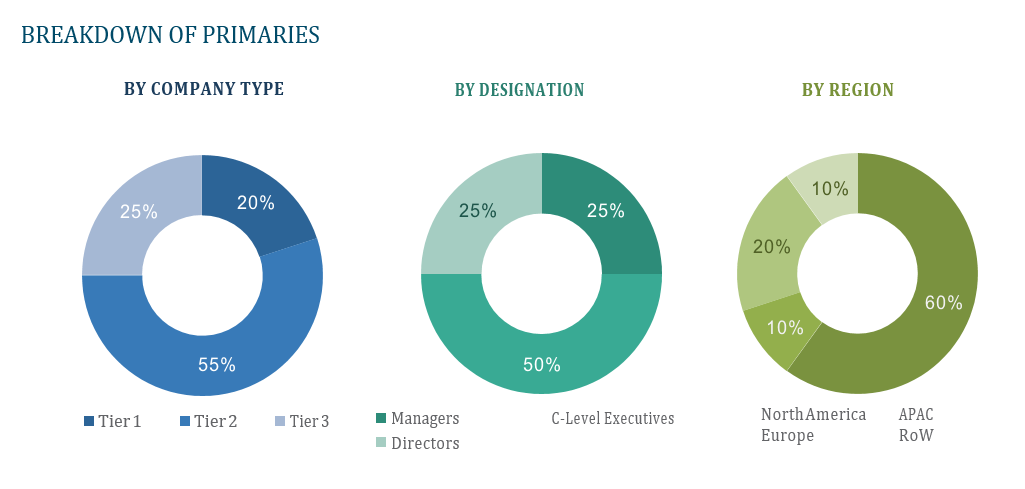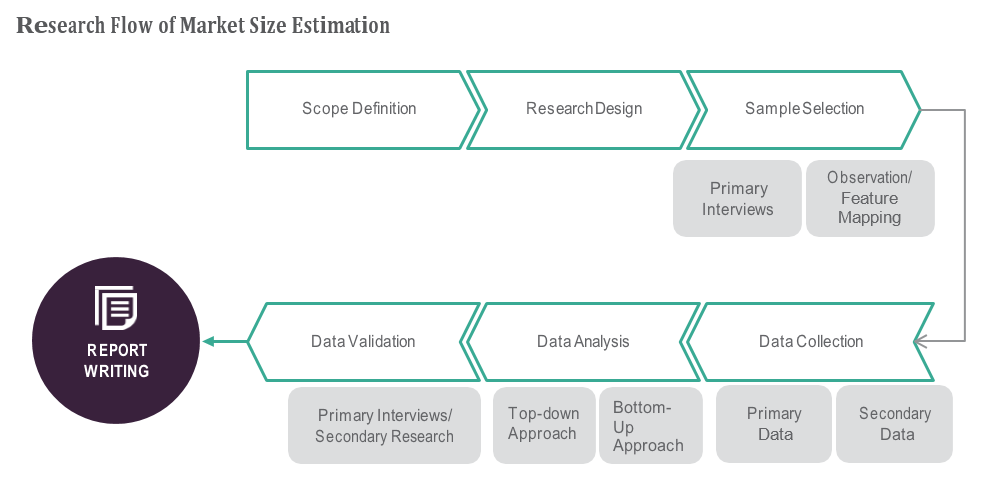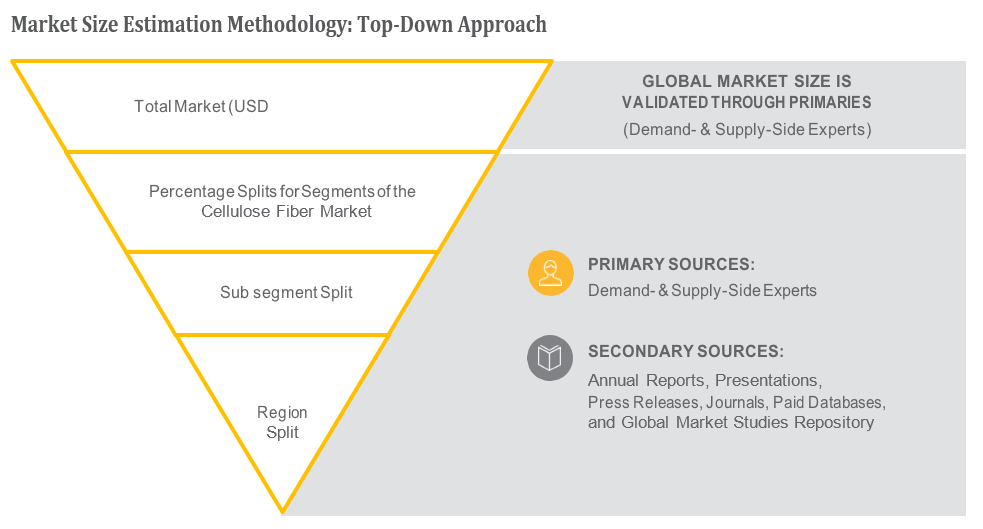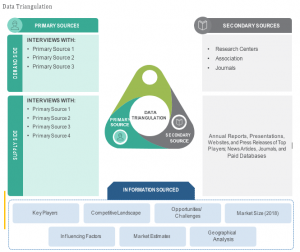OVERVIEW
The Management System Certification Market is projected to experience substantial growth, with its valuation expected to rise from USD 23.5 billion in 2024 to an estimated USD 38.9 billion by 2029, reflecting a CAGR of 10.6% during the forecast period. Management system certification involves the assessment and certification of an organization’s management systems to ensure they meet international standards such as ISO 9001 (Quality Management), ISO 14001 (Environmental Management), ISO 45001 (Occupational Health and Safety Management), and others. These certifications are crucial for businesses to demonstrate compliance, enhance credibility, and improve operational efficiency.
The market’s growth is driven by the increasing demand for compliance with international standards, the need for operational excellence, and the rising awareness of environmental and safety regulations. Additionally, the growing emphasis on sustainable practices and corporate governance is further propelling the market forward. However, challenges such as the high cost of certification, the complexity of certification processes, and the need for continuous updates and recertification need to be addressed to sustain market growth.
Geographically, North America and Europe dominate the management system certification market due to their advanced regulatory frameworks, significant investments in quality management, and high adoption rates of international standards. The Asia Pacific region is also expected to witness substantial growth, driven by rapid industrialization, expanding manufacturing sectors, and increasing government initiatives to promote quality and safety standards.
Market Dynamics
Drivers:
The primary driver of the management system certification market is the increasing demand for compliance with international standards. Organizations across various industries are seeking certification to demonstrate their commitment to quality, safety, and environmental management. Achieving certification to standards such as ISO 9001, ISO 14001, and ISO 45001 helps businesses enhance their credibility, gain customer trust, and meet regulatory requirements. Certification also provides a competitive advantage, as it signifies that an organization adheres to globally recognized best practices. The growing emphasis on compliance with international standards is driving the demand for management system certification services.
The need for operational excellence is another key driver of the market. Management system certification helps organizations streamline their processes, improve efficiency, and reduce risks. By implementing standardized management systems, businesses can enhance their operational performance, reduce costs, and improve overall productivity. Certification also facilitates continuous improvement by providing a framework for monitoring and evaluating performance. The increasing focus on achieving operational excellence and enhancing organizational performance is driving the adoption of management system certification services.
Key Opportunities :
One of the key opportunities in the management system certification market lies in the growing emphasis on sustainable practices. As environmental concerns continue to rise, organizations are increasingly seeking certification to standards such as ISO 14001 (Environmental Management) and ISO 50001 (Energy Management) to demonstrate their commitment to sustainability. These certifications help businesses reduce their environmental impact, enhance resource efficiency, and meet regulatory requirements. The increasing focus on sustainability is creating significant growth opportunities for management system certification services, as organizations strive to align their operations with global environmental standards and enhance their corporate social responsibility.
Another significant opportunity is the expanding use of management system certification in emerging markets. In many developing regions, rapid industrialization and economic growth are driving the demand for quality and safety standards. Governments and regulatory bodies in these regions are increasingly focusing on enhancing product quality, improving workplace safety, and ensuring compliance with international standards.
This is creating a favorable environment for the adoption of management system certification services. Additionally, the growing presence of multinational companies and the establishment of new manufacturing facilities in emerging markets are further boosting the demand for certification services. As emerging markets continue to develop and expand their industrial sectors, the demand for management system certification services is expected to grow, opening new growth avenues for the market.
Restraints:
One of the major restraints in the management system certification market is the high cost associated with the certification process. Achieving and maintaining certification requires significant investment in consultancy, training, auditing, and compliance activities. The upfront costs can be a barrier to adoption, particularly for small and medium-sized enterprises (SMEs) with limited budgets.
The ongoing costs of maintaining certification, including surveillance audits and recertification, can add to the overall expense, making it challenging for some organizations to justify the investment. Addressing these cost concerns through scalable and cost-effective solutions is crucial for widespread adoption.
The complexity of the certification process poses another challenge for the market. Achieving certification to international standards requires organizations to implement comprehensive management systems, conduct internal audits, and undergo rigorous external assessments. The process can be time-consuming and complex, requiring careful planning, documentation, and coordination.
Ensuring compliance with evolving standards and regulatory requirements can also be challenging, requiring continuous updates and improvements to management systems. Overcoming these complexity challenges through comprehensive planning, advanced system design, and robust support services is essential for the sustained growth of the market. Ensuring that businesses and organizations can effectively achieve and maintain certification is critical to overcoming these challenges and driving market adoption.
Regional Information:
• Asia Pacific
The Asia Pacific region is expected to witness the highest growth rate in the management system certification market due to rapid industrialization, expanding manufacturing sectors, and increasing government initiatives to promote quality and safety standards. Countries like China, Japan, and India are investing heavily in industrial infrastructure and quality management, driving the demand for certification services. The region’s growing population and rising consumer awareness about product quality and safety are contributing to the increased adoption of certification standards. Additionally, the presence of major manufacturing and technology companies and the availability of affordable certification services are enhancing the market’s potential. Governments in the region are also implementing policies and providing incentives to promote the adoption of international standards, creating a favorable environment for market growth.
• North America
North America remains a significant market for management system certification services, characterized by advanced regulatory frameworks, high adoption rates, and substantial investments in quality management. The United States is the leading market, driven by the widespread use of certification services in industries such as manufacturing, healthcare, and information technology. The presence of major certification bodies and strong governmental support for quality and safety standards further supports market growth. Additionally, the increasing focus on enhancing operational efficiency and ensuring compliance with international standards is promoting the adoption of management system certification services. However, high certification costs and the need for continuous updates to meet evolving standards require strategic planning and investment.
• Europe
Europe is at the forefront of adopting management system certification, driven by stringent regulatory frameworks, significant investments in quality and environmental management, and a strong focus on sustainability. Countries such as Germany, the United Kingdom, and France are leading markets, supported by advanced industrial sectors and well-established certification standards. The European Union’s initiatives to promote corporate governance, environmental sustainability, and quality assurance are further fueling the demand for certification services. The region’s commitment to enhancing product quality, improving workplace safety, and reducing environmental impact is also driving the adoption of management system certification. However, economic uncertainties and regulatory challenges necessitate strategic planning and risk management to navigate the market landscape effectively.
Recent Developments:
In December 2023, Bureau Veritas and Avance Labs, the accredited code manager for International Renewable Energy Certificates (I-REC) related to hydrogen and its derivative fuels and products, entered into a memorandum of understanding (MoU). The agreement acknowledges the shared interest and advantages of collaborating in verifying and certifying attributes.
In November 2023, SGS achieved accreditation from the ANSI National Accreditation Board (ANAB) for ISO 22716 cosmetics good manufacturing practices (GMP) certification, making it among the pioneering certification bodies to attain this recognition.
Key market Players:
Bureau Veritas, SGS SA, Lloyd’s Register, and DNV GL.
Frequently Asked Questions
1) What is the projected market value of the Management System Certification Market?
– The Management System Certification Market is expected to reach an estimated value of USD 38.9 billion in revenue by 2029.
2) What is the estimated CAGR of the Management System Certification Market over the 2024 to 2029 forecast period?
– The CAGR is estimated to be 10.6% for the Management System Certification Market over the 2024 to 2029.
3) Who are the key players in the Management System Certification Market?
– Bureau Veritas, SGS SA, Lloyd’s Register, and DNV GL.
4) What are the drivers for the Management System Certification Market?
– The primary drivers for the Management System Certification Market include the increasing demand for compliance with international standards, the need for operational excellence, and the rising awareness of environmental and safety regulations. These factors are contributing to the widespread adoption of certification services, as they offer significant benefits in terms of performance, reliability, and compliance with global standards.
5) What are the restraints and challenges in the Management System Certification Market?
– High certification costs and the complexity of the certification process are significant challenges for the Management System Certification Market. Addressing these issues through scalable and cost-effective solutions, comprehensive training programs, and robust support services is crucial for the sustained growth of the market. Ensuring that businesses and organizations can effectively achieve and maintain certification is essential to overcoming these challenges and driving market adoption.
6) What are the key applications and offerings of the Management System Certification Market?
– Management system certification is essential in the manufacturing industry for ensuring compliance with quality, environmental, and safety standards, enhancing product quality and operational efficiency. It is widely used in the healthcare sector to maintain high standards of patient care, safety, and regulatory compliance, improving overall healthcare outcomes. In the information technology industry, certification supports the implementation of robust security and quality management systems, protecting sensitive data and ensuring service reliability. Additionally, certification services are employed in the construction industry to ensure adherence to safety and environmental standards, enhancing project quality and sustainability.
7) Which region is expected to drive the market for the forecast period?
– Asia pacific is expected to have the highest market growth from 2024 to 2029
Why Choose Us?
Insights into Market Trends: Global Market Studies reports provide valuable insights into market trends, including market size, segmentation, growth drivers, and market dynamics. This information helps clients make strategic decisions, such as product development, market positioning, and marketing strategies.
Competitor Analysis: Our reports provide detailed information about competitors, including their market share, product offerings, pricing, and competitive strategies. This data can be used to inform competitive strategies and to identify opportunities for growth and expansion.
Industry Forecasts: Our reports provide industry forecasts, which will inform your business strategies, such as investment decisions, production planning, and workforce planning. These forecasts can help you to prepare for future trends and to take advantage of growth opportunities.
Access to Industry Experts: Our solutions include contributions from industry experts, including analysts, consultants, and subject matter experts. This access to expert insights can be valuable for you to understand the market.
Time and Cost Savings: Our team at Global Market Studies can save you time and reduce the cost of conducting market research by providing comprehensive and up-to-date information in a single report, avoiding the need for additional market research efforts.









